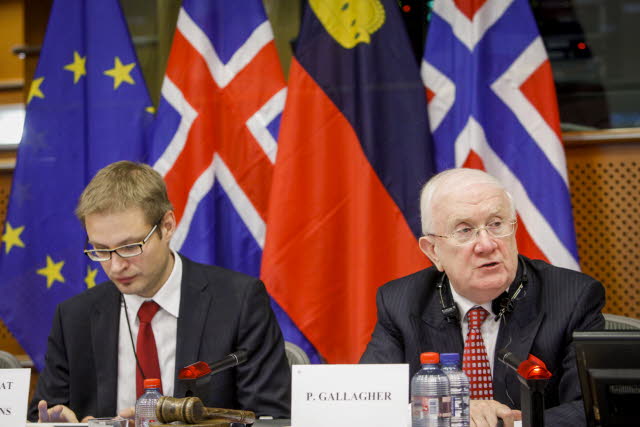
Press Release – New Regulation on Construction Products adopted: first EU-level rules for green public procurement of building materials
Wednesday, April 10, 2024 | Brussels, Belgium – Today, the European Parliament approved the newly revised Construction Products regulation (CPR)...



